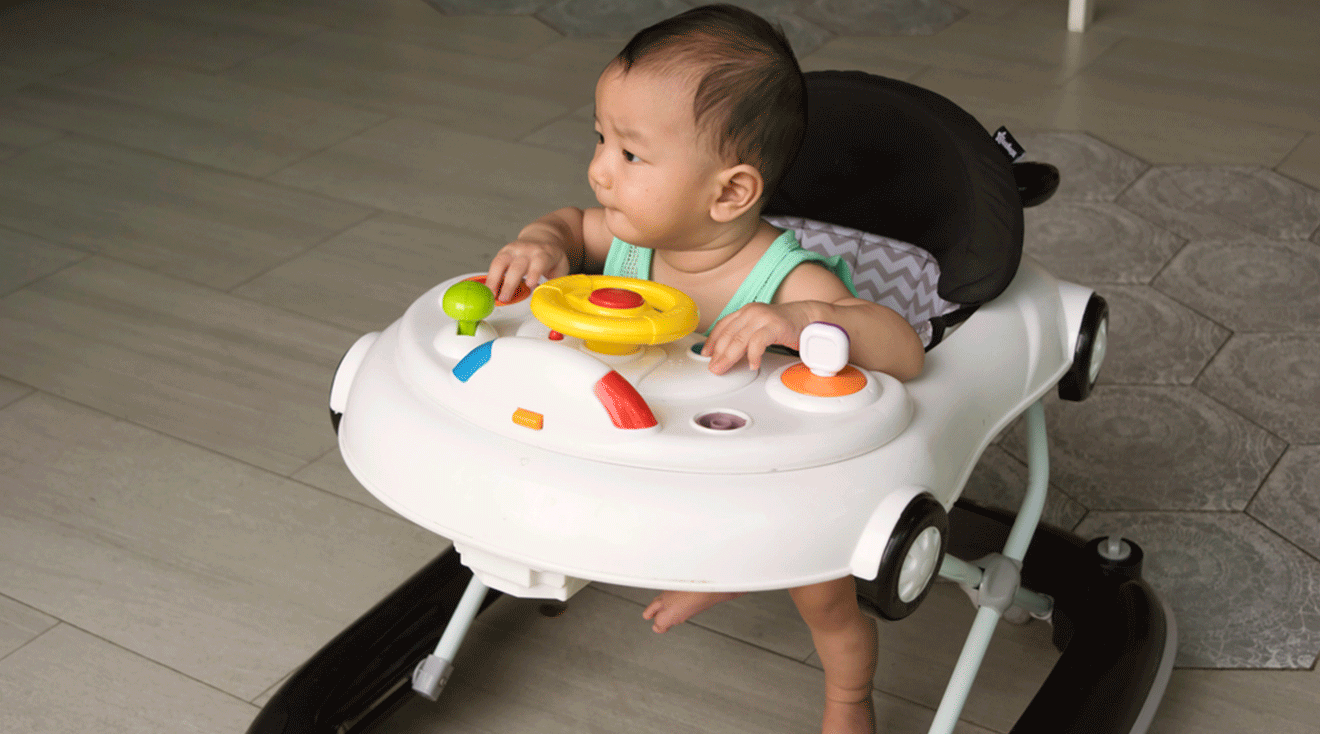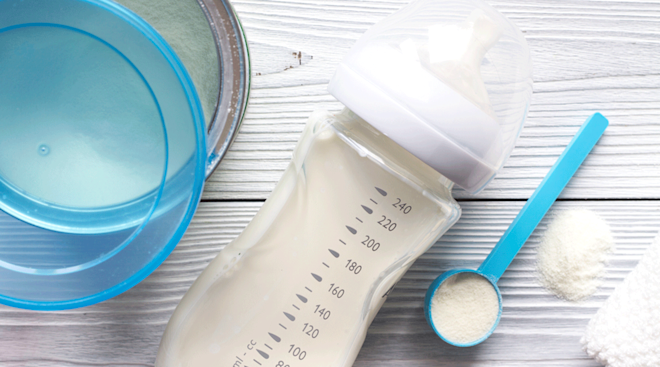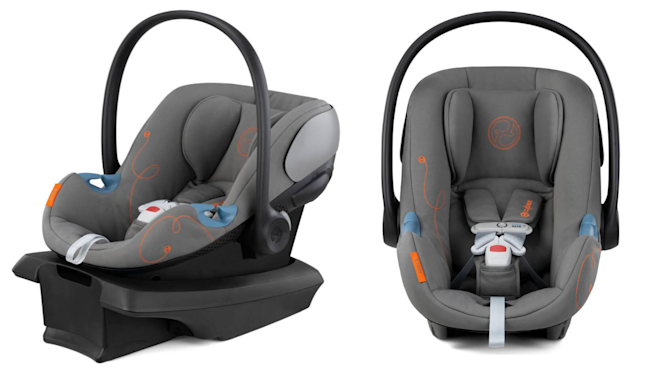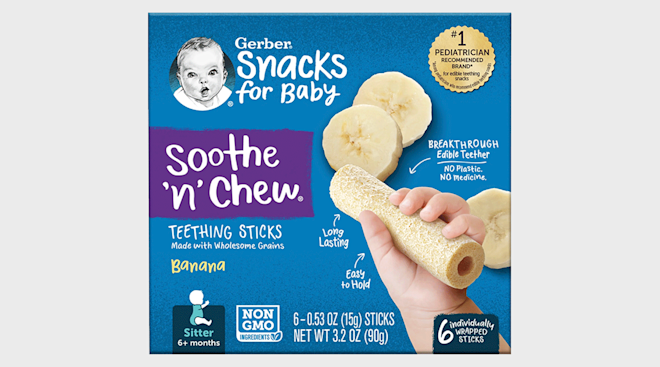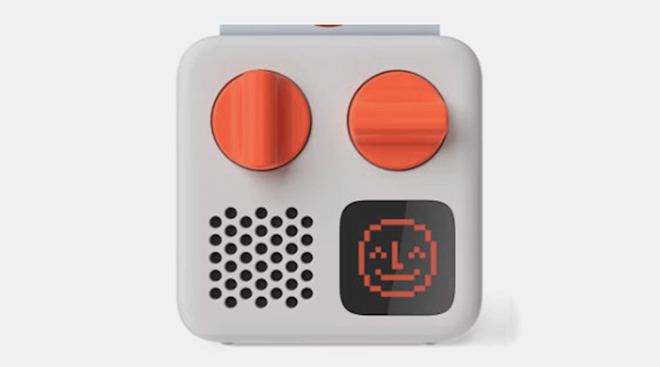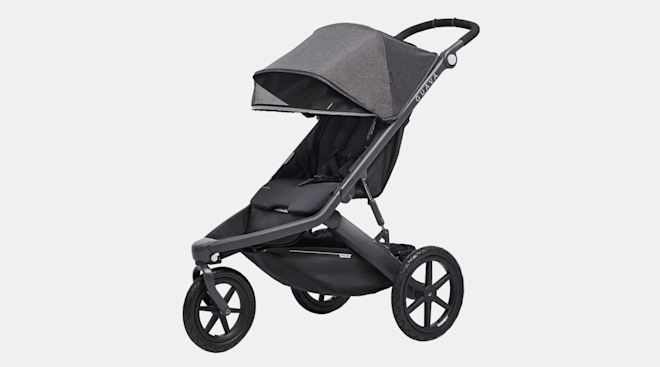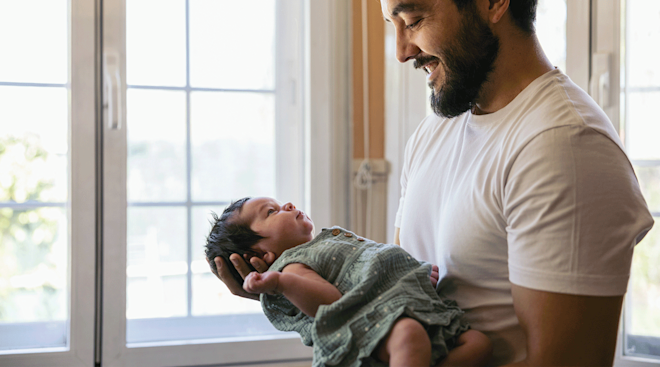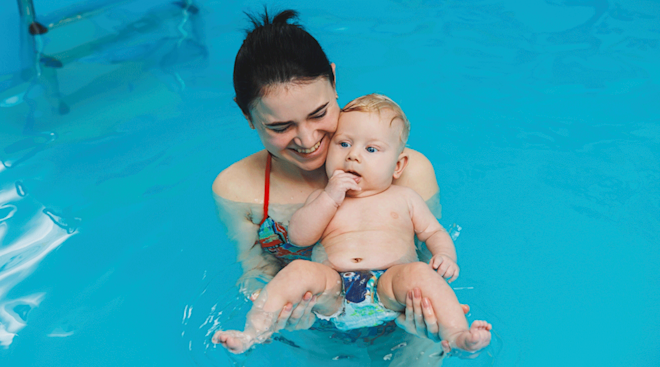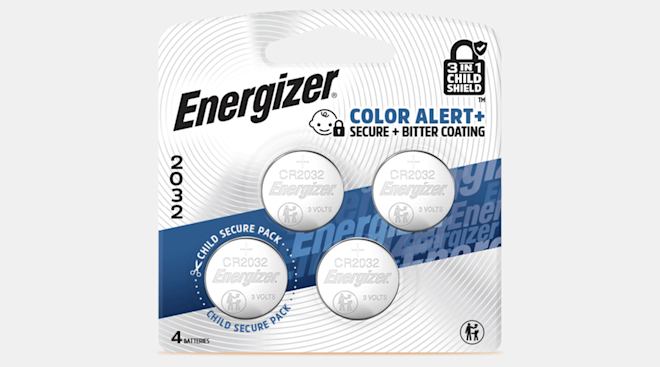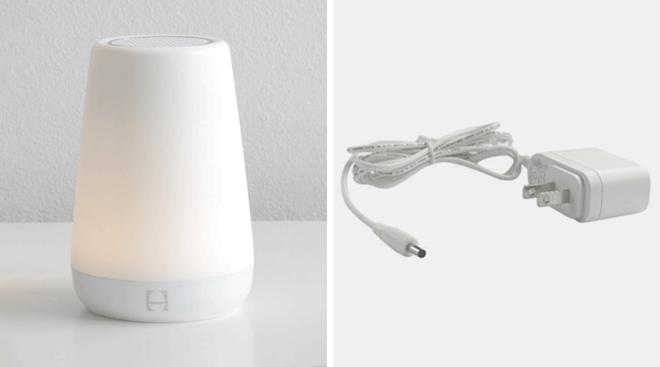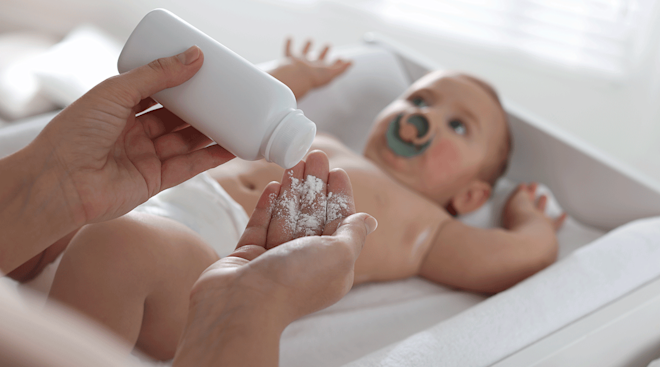Safety Experts Renew Call for Ban on Baby Walkers
A new update from Consumer Reports (CR) is renewing the call for a ban on baby walkers. The watchdog organization has joined the American Academy of Pediatrics in calling for the ban after injuries associated with baby walkers continue to rise.
In its recent report on injuries and deaths associated with nursery products, the Consumer Product Safety Commission (CPSC) revealed that over 3,000 injuries were caused by baby walkers, jumpers and exercisers in 2023 alone. Over the past three years, more than 7,000 children have been treated in emergency rooms for related injuries.
Although not all of these injuries stem from baby walkers, the numbers highlight the serious risks these products pose. Between 2004 and 2008, the CPSC estimated that an average of 3,000 children were treated in the ER each year for injuries caused by baby walkers alone. Common injuries include babies falling from walkers or down stairs, head and facial injuries, contusions, abrasions and even internal organ damage.
Despite the introduction of stricter safety regulations and an updated AAP recommendation in 2022 calling for a ban, baby walker-related injuries remain alarmingly high. A report from MRI Simmons, a market research firm, found that 351,000 fewer baby walkers were sold in 2023 compared to 2013, yet the injury rates have not declined.
Given these persistent risks, CR, the AAP and other safety organizations are doubling down on their push for a total ban. “One thing that’s really not well understood, I think by the public in general, is just how fast infants can travel in these walkers—multiple feet per second,” James Dodington, MD, a pediatric emergency medicine doctor and an executive committee member of the Council on Injury, Violence and Poison Prevention at the AAP told CR. “Maybe we’re not seeing as much of the fall down the stairs, but the risks are numerous and the AAP would point out that they aren’t just about the fall risk, but there’s also other dangers and risks that come from them.”
According to the AAP, baby walkers increase the risk of several life-threatening hazards, including drowning, as babies can more easily fall into pools or bathtubs, and poisoning or burns, as the walker enables them to reach dangerous objects. Not to mention, the supposed benefit that baby walkers are lauded for—helping baby’s learn to walk faster—has been debunked. Research shows that baby walkers can actually delay independent walking by interfering with natural development.
While CR acknowledges that banning baby walkers nationwide will be an uphill battle, they remain committed to the cause. “The evidence is clear: Infant walkers are unsafe, and the current federal standard fails to address their well-known risks,” CR’s policy counsel, Oriene Shin, said. Thousands of babies continue to be injured by these products every year, and parents deserve better choices for products that support their baby’s development. Congress should ban infant walkers and help parents keep their babies safe as they grow and learn how to walk.”
Please note: The Bump and the materials and information it contains are not intended to, and do not constitute, medical or other health advice or diagnosis and should not be used as such. You should always consult with a qualified physician or health professional about your specific circumstances.
Navigate forward to interact with the calendar and select a date. Press the question mark key to get the keyboard shortcuts for changing dates.

































